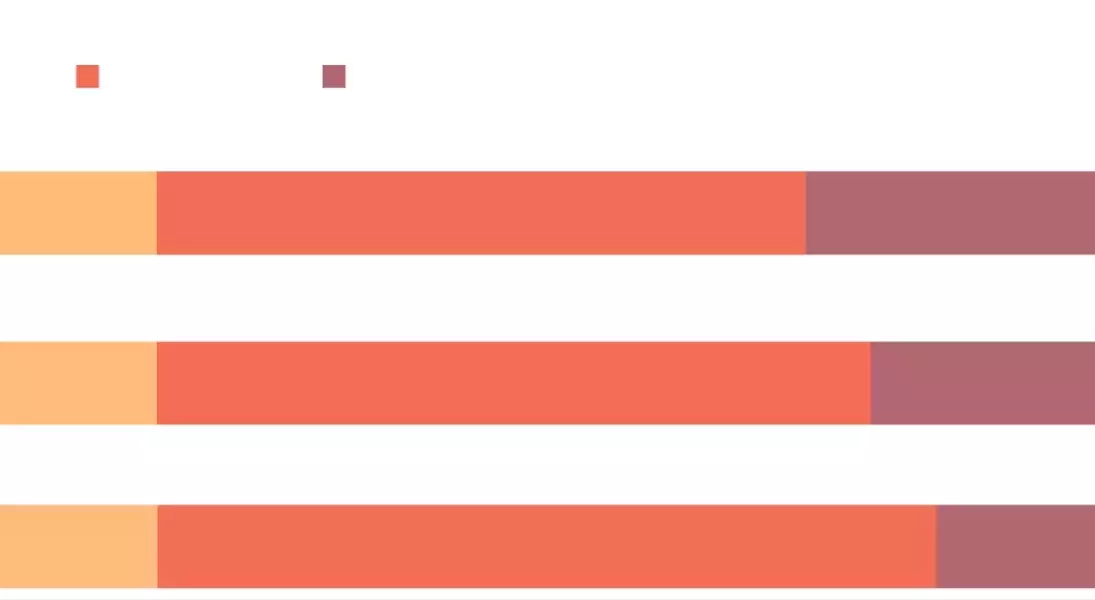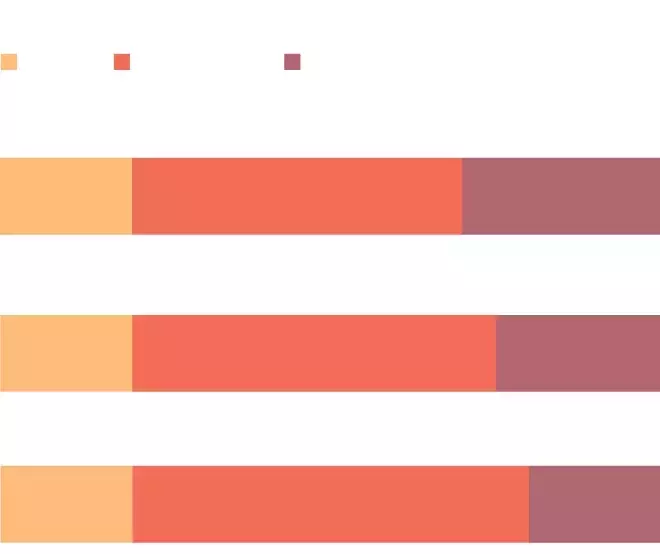



A critical food crisis is unfolding in the Gaza Strip, where leading food security experts have confirmed the presence of famine in certain areas. This alarming development, following nearly two years of escalating warnings, highlights the severe impact of prolonged conflict and restricted humanitarian access on the civilian population. The Integrated Food Security Phase Classification (IPC), a collaborative body assessing global food security, has identified a dire situation in the Gaza Governorate, with projections indicating a rapid spread of famine to other parts of the region in the coming weeks. This assessment underscores the urgent need for international attention and coordinated efforts to mitigate the widespread suffering and prevent a further humanitarian catastrophe.
The current humanitarian emergency in Gaza has reached an unprecedented scale, with a significant portion of the population facing extreme food shortages and soaring levels of malnutrition. The IPC's findings, based on rigorous data analysis, reveal that hundreds of thousands of people are teetering on the brink of starvation, with conditions deteriorating rapidly across the enclave. The blockade on essential supplies, coupled with ongoing hostilities, has created an environment where basic necessities are scarce, pushing communities to the brink. While debates continue regarding the official declaration of famine, the reality on the ground demands immediate action to avert a more profound crisis, emphasizing the imperative of ensuring unimpeded access for humanitarian aid and fostering conditions conducive to relief efforts.
The Intensifying Food Crisis in Gaza: An Urgent Assessment
Food security analysts have unequivocally confirmed a state of famine within parts of the Gaza Strip, marking a severe escalation of warnings that have persisted for nearly two years. The Integrated Food Security Phase Classification (IPC), an international consortium dedicated to analyzing global food supply and vulnerability, officially declared famine in the Gaza Governorate, encompassing Gaza City and its environs. This critical announcement follows months of dire predictions regarding extreme food shortages and rising malnutrition rates across the region. The IPC's data-driven methodology ensures consistent assessment criteria for food security, providing a standardized understanding of the crisis's magnitude.
The current famine is a direct consequence of the protracted conflict and stringent restrictions on humanitarian aid imposed almost two years ago, notably exacerbated by a comprehensive blockade on food supplies between March and May. The IPC's projections indicate a grim future, with the famine anticipated to engulf southern and central Gaza by late September if current trends persist. Despite the clear evidence presented by international experts, the Israeli Coordinator of Government Activities in the Territories has disputed the IPC's findings, arguing that the report relies on partial and unreliable sources and overlooks extensive humanitarian efforts. This divergence of views underscores the complex political dynamics surrounding the crisis, even as humanitarian organizations on the ground continue to report catastrophic conditions. More than half a million people in Gaza are now classified as facing 'catastrophic conditions,' characterized by severe starvation and destitution, highlighting the urgent need for a unified international response to alleviate widespread suffering.
Understanding Famine: Definitions, Declarations, and Drivers
Famine is formally recognized when specific, severe criteria are met across a population. According to the IPC, these conditions include at least one in five households experiencing an extreme lack of food, a certain percentage of children suffering from acute malnutrition, and a daily mortality rate of two adults or four children per 10,000 individuals due to starvation or malnutrition-related illnesses. The current situation in Gaza has reached this critical threshold, with a significant portion of its inhabitants grappling with catastrophic food insecurity. The classification of famine is a meticulous process, involving extensive data collection from aid groups and other on-the-ground sources, subsequently reviewed by the Famine Review Committee, an independent panel of food security specialists. However, the IPC's role is solely to classify data, not to issue an official declaration, which typically falls to governments or intergovernmental bodies.
The process of officially declaring a famine can be fraught with political complexities, as evidenced by past instances where declarations were delayed or blocked due to various governmental considerations. In Gaza, the authority to declare a famine remains ambiguous, with differing narratives from conflicting parties regarding the extent of starvation and the flow of aid. Aid organizations often advocate for an official famine declaration, believing it garners greater international attention and support, although the direct correlation between declaration and increased assistance is debated among experts. Beyond definitional criteria, the IPC's report attributes the famine in Gaza to a confluence of factors, including escalating conflict, severe restrictions on aid, and mass displacement of populations. These compounding elements have plunged Gaza into an unprecedented humanitarian disaster, with nearly a third of the population reportedly enduring multiple days without food. While Israel has recently increased aid deliveries under international pressure, challenges such as aid interception and distribution difficulties persist, underscoring the ongoing need for sustained and unimpeded humanitarian access.
